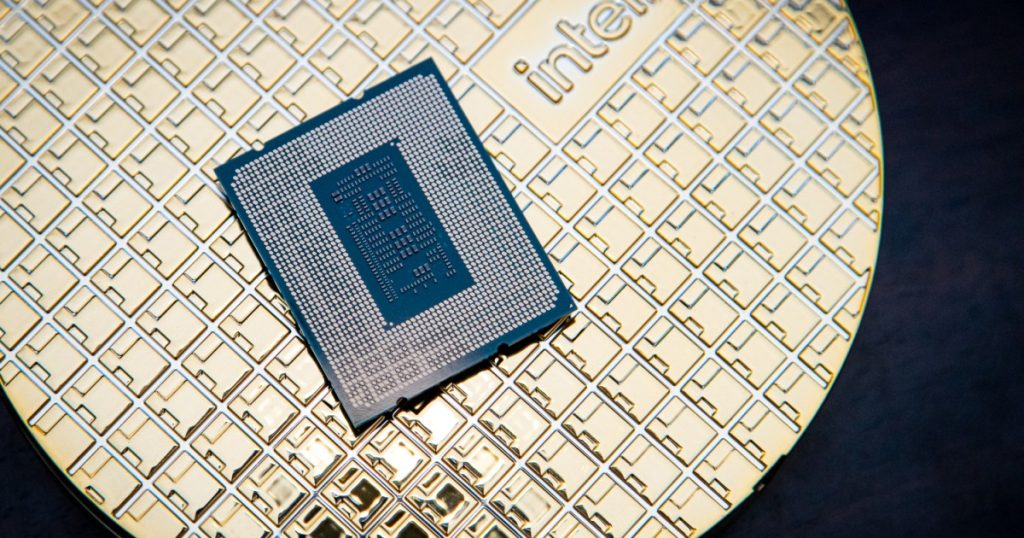Intel has made the decision to remove Hyper-Threading, also known as simultaneous multi-threading (SMT), from its upcoming Lunar Lake mobile CPUs and potentially from its Arrow Lake desktop CPUs. Despite initial concerns, recent leaks suggest that this move may have been advantageous.
Benchmarks for Arrow Lake CPUs, including the Core Ultra 7 265K and Core Ultra 9 285K, have surfaced. The flagship Core Ultra 9 achieved a multi-core score of 21,075 in Geekbench 6, comparable to CPUs with SMT such as the Ryzen 9 9950X and Core i9-14900K. The Core Ultra 7 265K, a 20-core chip, outperformed previous-gen Ryzen CPUs in benchmarks.
Despite having fewer threads, the Core Ultra 5 245K also showed promising results compared to the Core i5-14600K. These leaks provide a glimpse into the performance potential of the upcoming Arrow Lake CPUs.
Get your weekly teardown of the tech behind PC gaming
While leaked benchmarks offer some insight, the full performance story of the Arrow Lake CPUs will only be revealed upon their official release in October. It’s worth noting that these leaked benchmarks may differ from the final product, as they are likely engineering samples.
The decision to remove SMT from these CPUs aims to enhance power efficiency, a critical factor for laptops and a consideration even for desktops. This move reflects Intel’s focus on improving power-related stability in its newer CPU generations.


